The voice of journalist Olena Kulygina travels across the borders of Ukraine, and encourages all countries to wrap hers in an embrace of brotherhood.


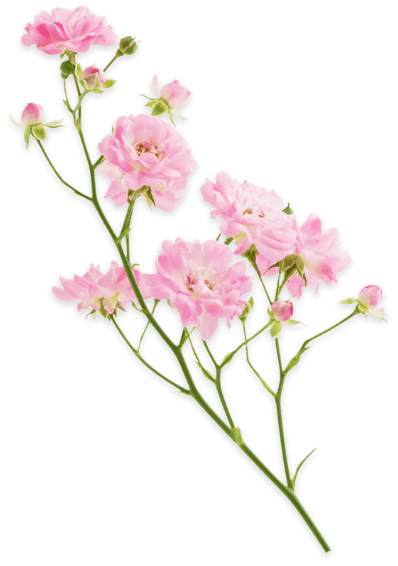
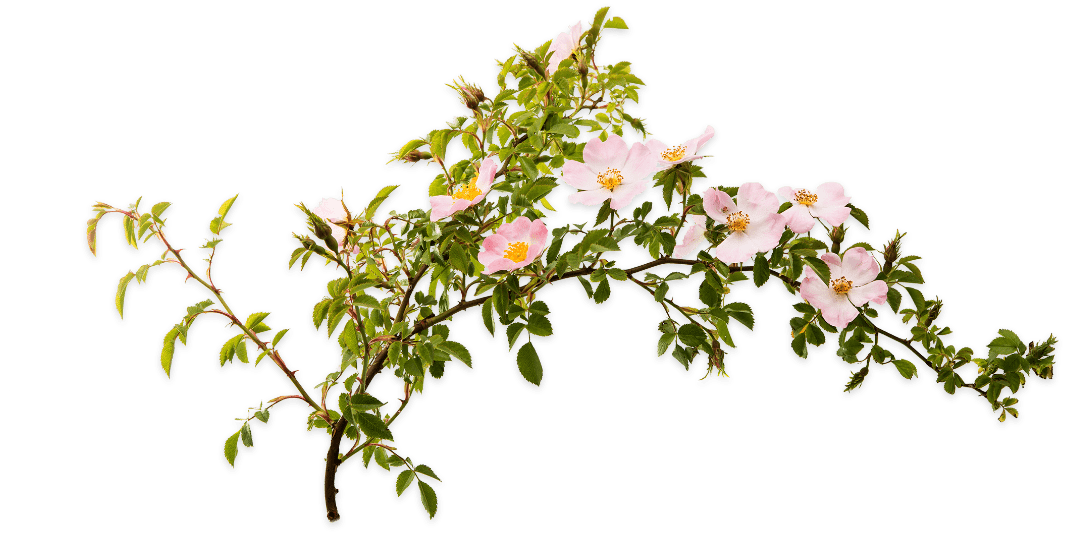
By Solidarity Economy, we mean an alternative economic system to the current one; a system based on valuing the relationships between people, equal distribution of resources, respect and protection for the environment, and the pursuit of social ends.
A Solidarity Economy joins forces to face problems together, so that everyone can have a good quality of life; it is the exact opposite of the competitive, "every man for himself" system at the foundation of the anthropological vision promoted by the free market. It is a law of mutual aid and collaboration, which Pablo Servigne and Gauthier Chapelle call "the other law of the jungle".
And the more complex or hostile conditions are, the more collaboration becomes necessary for survival. As Lorenzo Guadagnucci writes in conclusion to Il nuovo mutualismo, “The new mutualism”: "Today, the "law of the merchants" prevails, but tomorrow it will have to be the "law of solidarity"."
Going back in time, the first Italian experiences of a Solidarity Economy were in the 80s, with the so-called "fair trade" movement and MAGs - Mutua AutoGestione in the mutual ethical solidarity finance sector.

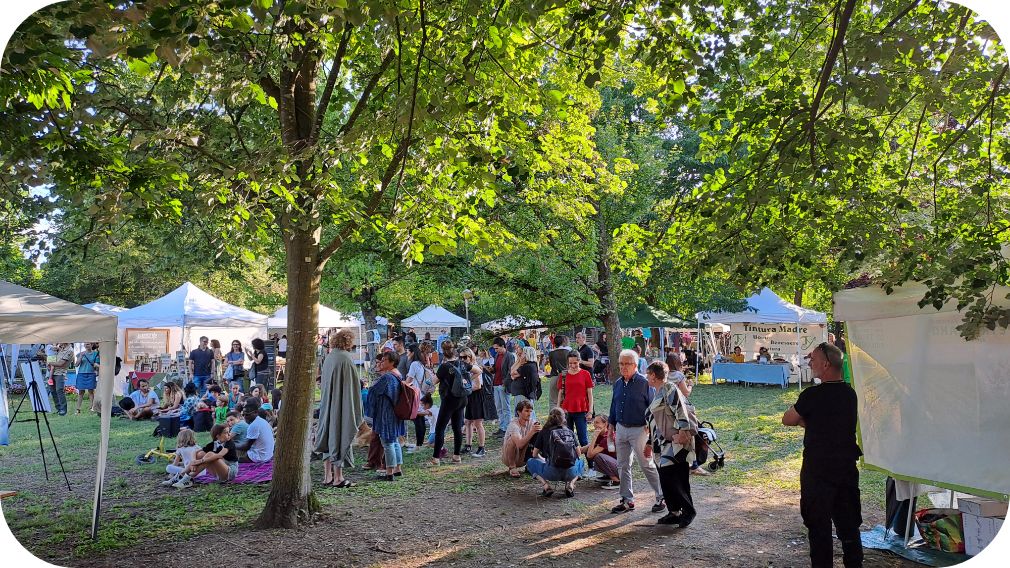
Fair Trade aims to guarantee producers and their employees a fairer price than what is offered on the traditional market, while guaranteeing that their region is protected. Ethical finance refers to all investment activities based on ethical or moral parameters, which are performed using tools, strategies and methods that aim to obtain a reasonable level of earnings, rather than the idea of pursuing maximum profit. A Mutua AutoGestione - MAG is a cooperative that offers ethical, critical financial services, aiming to promote its members' autonomy and self-management.
It was in the 90s that the first activities related to critical consumption and lifestyle were founded, with the creation of GASes - Ethical Purchasing Groups and "Bilanci di Giustizia".
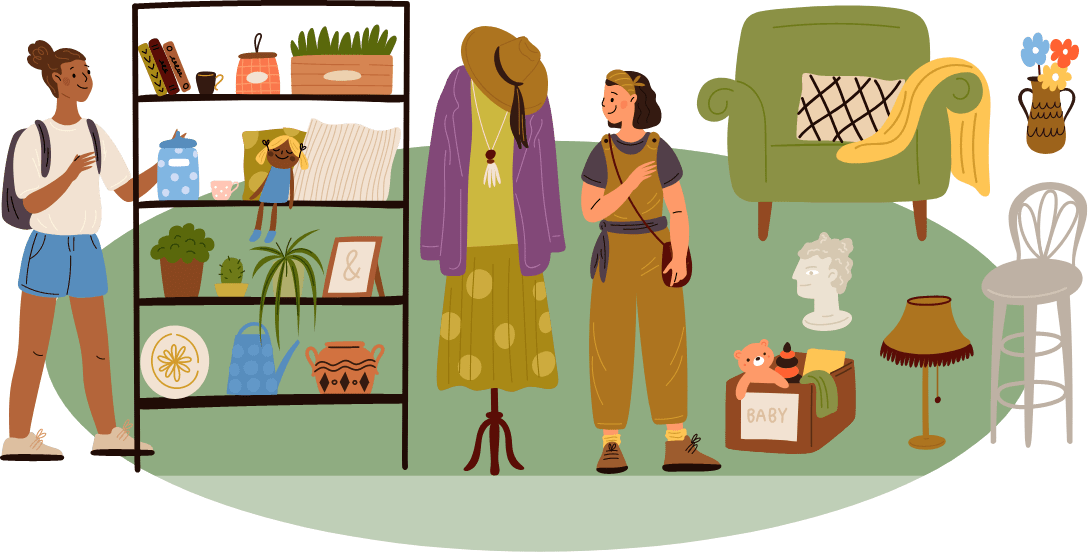
A "Bilancio di Giustizia" is an informal organisation of families that works to reduce their own consumption and invest the money saved in concrete acts of solidarity and ethical finance. The primary goal is to change one's own consumption and use the savings in a fair, ethical way; the essential idea is that these goals can be achieved effectively simply through shared, organised action.
Starting from these experiences, and based on the example of foreign networks, in particular in France, Spain and South America, a proposal was launched in 2002 to connect and reinforce these experiences through the creation of Solidarity Economy networks that were developed on a regional basis and intersected at different levels, from local to global.
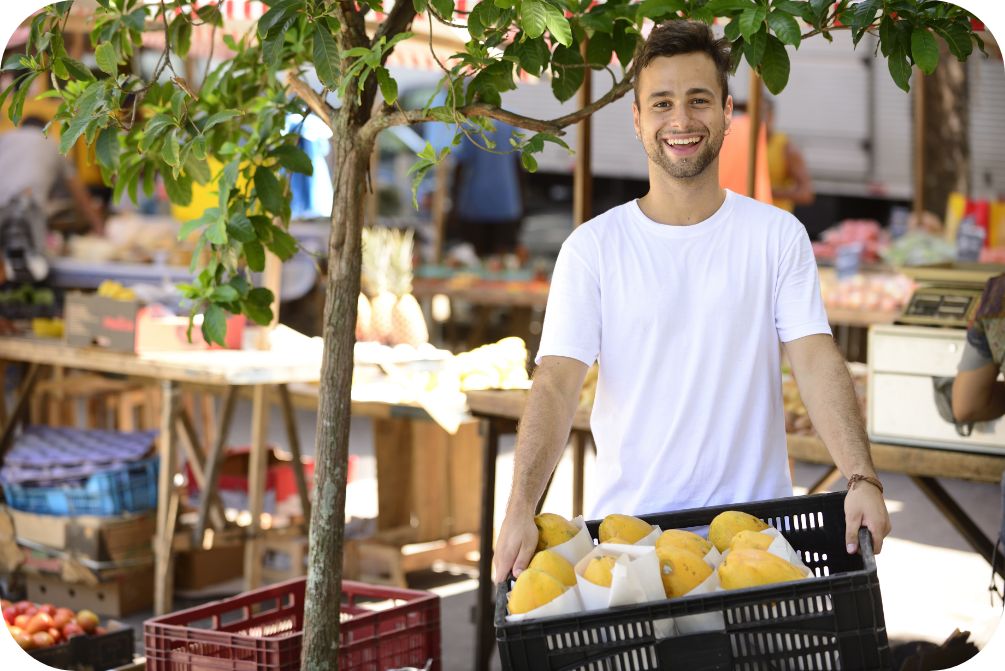

Today, many people speak about alternatives to the current system, which shows obvious limitations. The economy of "us" as an alternative to the economy of "me": the economy understood as a tool for the growth and development of people, communities and regions, as opposed to a tool for growth at all costs, in favour of those who manage to maximise profits, where people, communities and regions are considered as mere production factors.
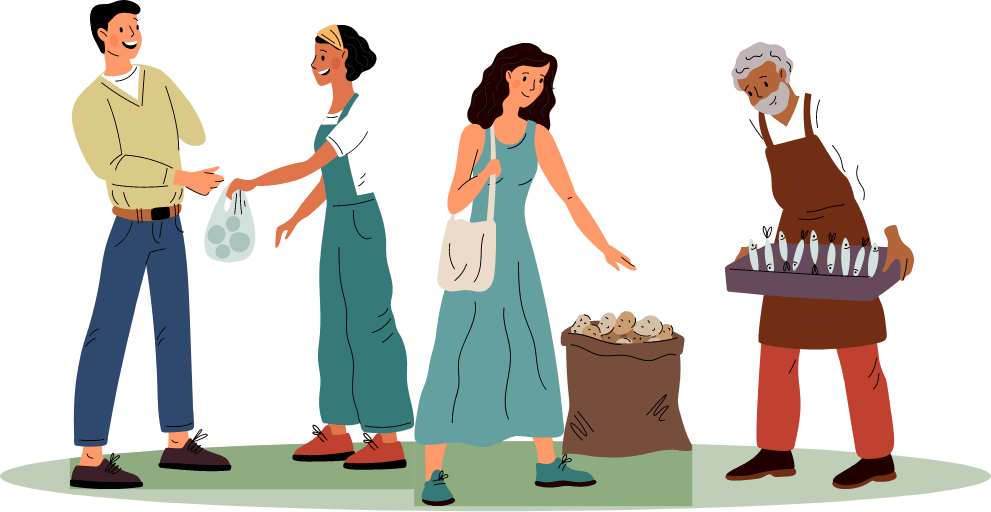
The characteristics of the Solidarity Economy were summarised in 2011 in the 10 Pillars of the Solidarity Economy

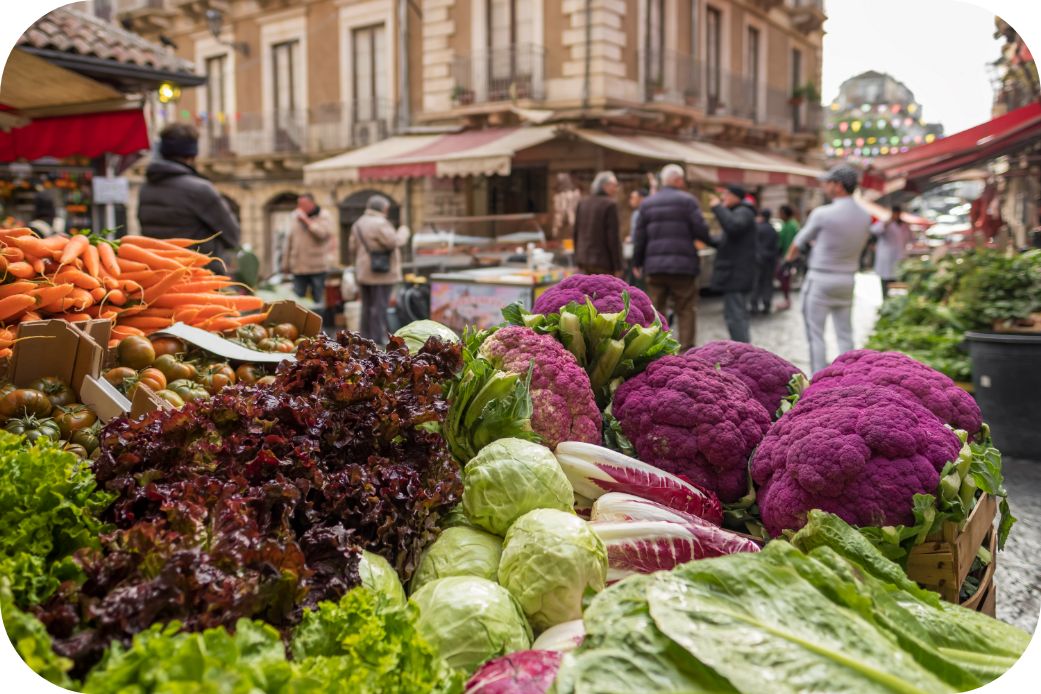
Starting in 2015, the United Nations took on a proactive role in promoting policies for socially and economically sustainable development. The process culminated in the UN Resolution approved on the 18th April 2023, Promoting the social and solidarity economy for sustainable development, which defined and promoted policies to incentivise and spread the SSE - Social and Solidarity Economy.
As we can read in the document, the SSE can contribute to the achievement of the Sustainable Development Goals (SDGs), in particular to employment and decent work, the provision of social services, education and training, protecting the environment, the promotion of gender equality and women's emancipation, the promotion of social dialogue, inclusive and sustainable growth, the creation of partnerships and networks at a local, national and international level, and the promotion of participatory governance and human rights.
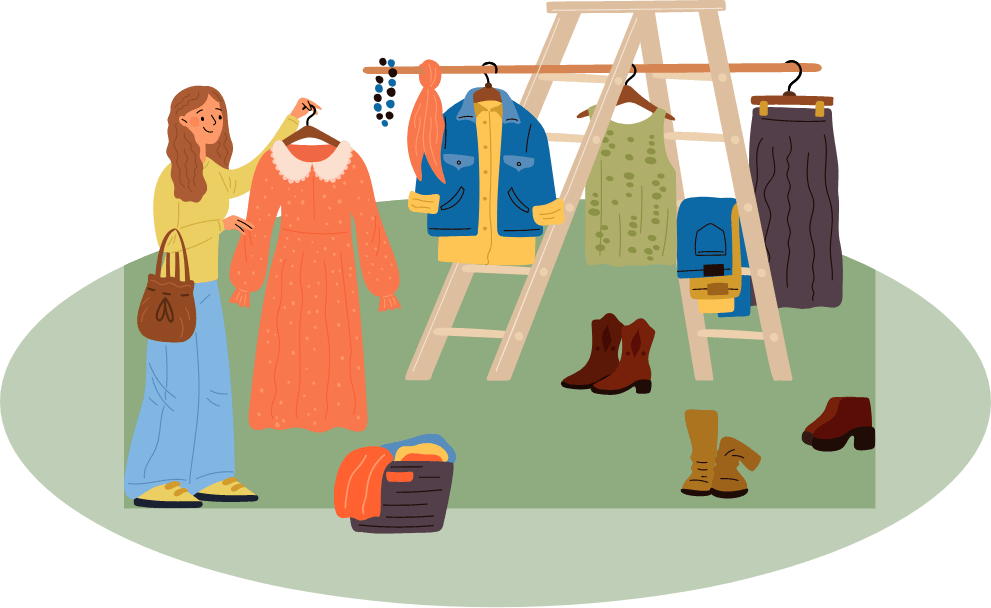
Indeed, the resolution recognises that social enterprise can help to alleviate poverty and function as a catalyst for social transformation, supporting the empowerment of women (also in rural areas), young people and disabled people, strengthening their productive capacity and producing accessible goods and services. The Social and Solidarity Economy contributes to more inclusive, sustainable economic growth, finding a new balance between economic efficiency and socio-environmental resilience, promoting economic dynamism, encouraging a fair, sustainable digital transition, protecting the environment and the sociopolitical emancipation of individuals.
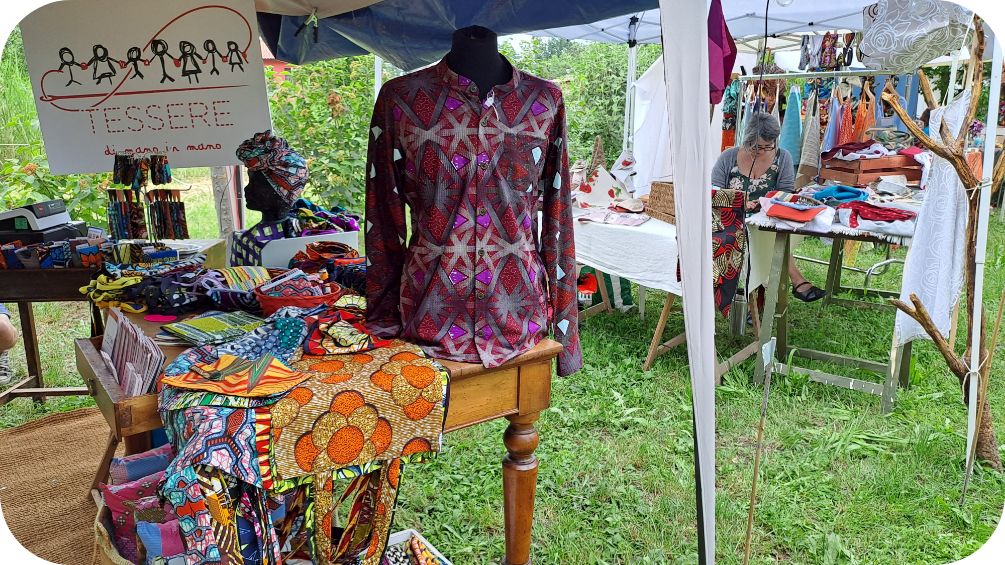

The Solidarity Economy provides a concrete alternative, practiced in Italy and around the world by many people, organisations and companies. In Italy, the national coordination between different networks and organisations is carried out by the Solidarity Economy Italian Network Association - RIES, which works to promote and make systemic the initiatives that develop the solidarity economy.
All this translates into particular attention to several aspects, with the aim of considering the whole supply chain: the best conditions for all individuals involved, a fair price, direct relationships, care for the land, the use of resources and working conditions. The quality of a product or a service is therefore considered differently, adding the quality of the work and the environmental impact along the entire supply chain to the basic characteristics of the product or service.
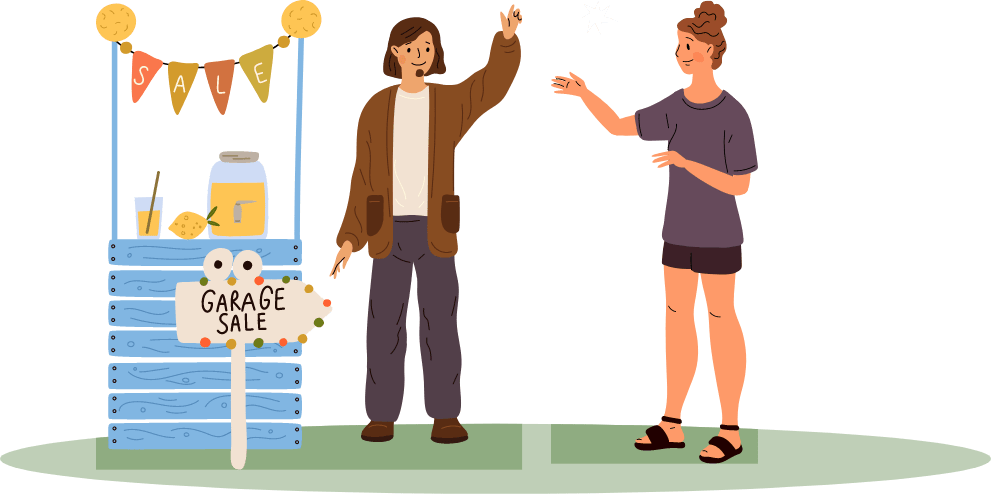
Forms of Solidarity Economy can develop through organised consumption groups, GASes, or companies or producers that manufacture and distribute products and services that respect people and the environment. The CO-energy Association, for example, promotes the concepts of critical consumption throughout the supply chain for electrical energy, also supporting communities in making the step to renewable energy.
The many citizens, producers, companies and organisations that are moving in this direction claim that it is the best strategy to face the enormous challenges ahead of us, because, as Hegel writes: "We can be free only if everyone is."
For updates and information on the various activities of different entities active in the field of the Solidarity Economy, you can consult the information site economiasolidale.net. There, you can also see if there are any events, markets or trade fairs planned in your area, which are perhaps the best way to start engaging with this world.


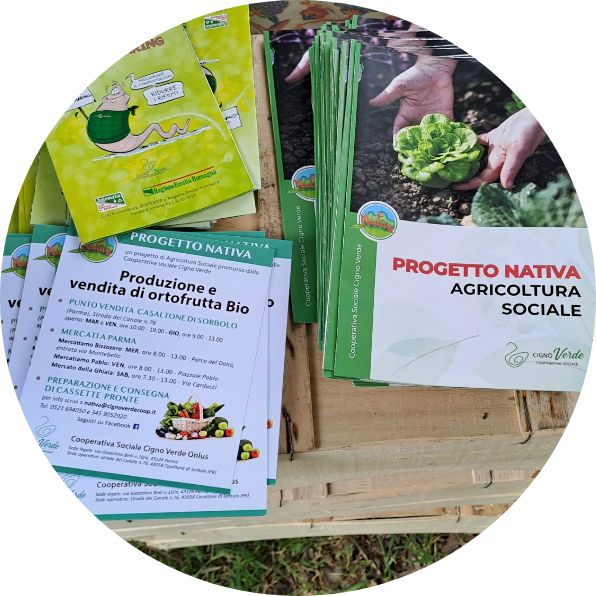
Images Credits:
© Solidalia
The voice of journalist Olena Kulygina travels across the borders of Ukraine, and encourages all countries to wrap hers in an embrace of brotherhood.
PodDARE offers a "space to talk" that is free, multilingual and open to anyone who wants to express themselves and share ideas between cultures.
